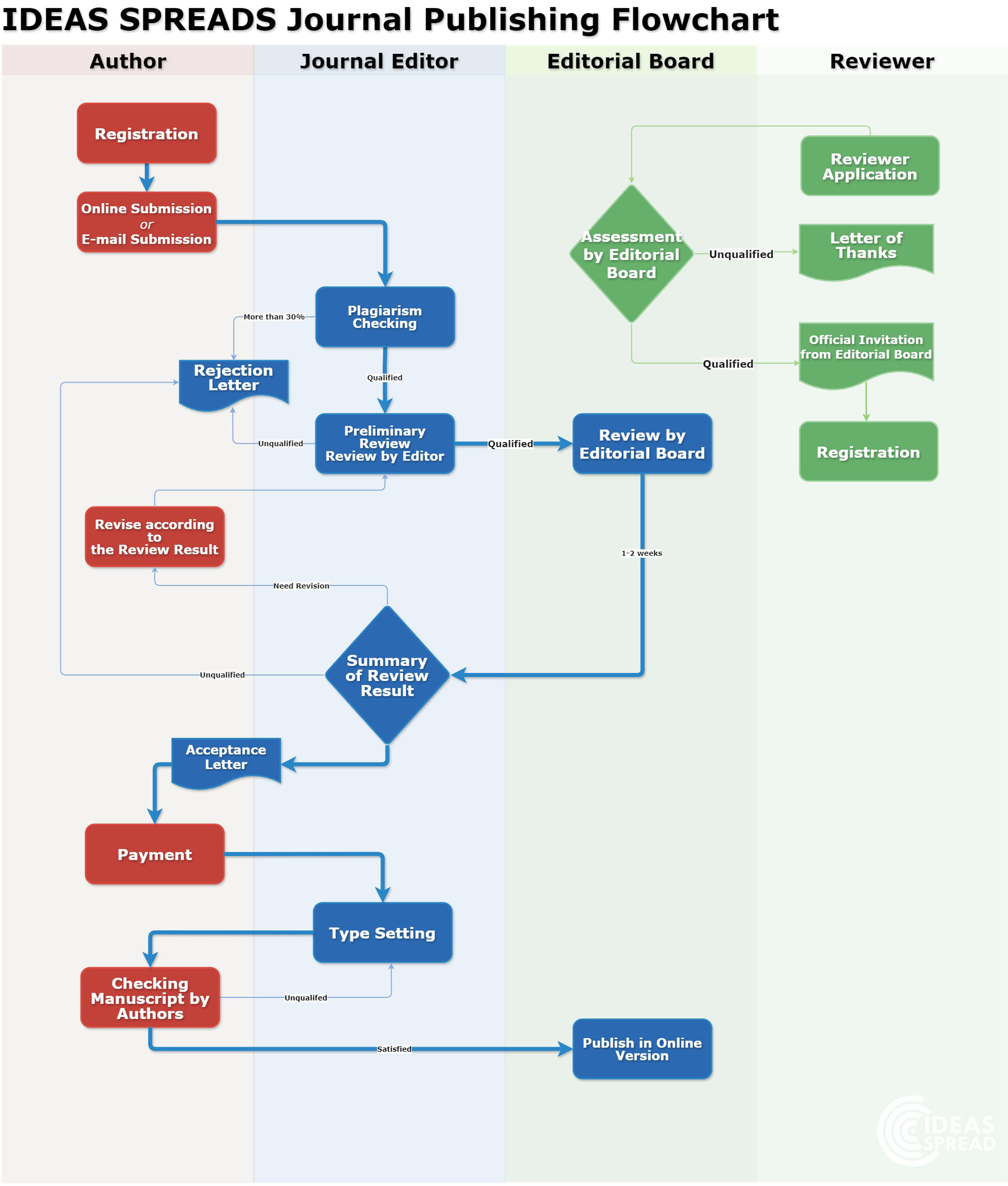Humanities and Social Science Research (HSSR) is an international, double-blind peer-reviewed, open-access journal published by IDEAS SPREAD INC. The journal focuses on the following topics: Anthropology, Sociology, Politics, Culture, Philosophy, Economics, Education, Management, Arts, Psychology, Archaeology, Classics, History, Linguistics and Languages, Law and Politics, Literature, Philosophy, Religion.
It provides an academic platform for professionals and researchers to contribute innovative work in the field. The journal carries original and full-length articles that reflect the latest research and developments in both theoretical and practical aspects of society and human behaviors.
The journal is published in both print and online versions. The online version is free access and download.
Humanities and Social Science Research (HSSR) has used DOI (Digital Object Identifier) system. Each article will be assigned a DOI number and add persistent link for retrieval.
What is doi?
The Digital Object Identifier (DOI®) System is for identifying content objects in the digital environment. DOI® names are assigned to any entity for use on digital networks. They are used to provide current information, including where they (or information about them) can be found on the Internet. Information about a digital object may change over time, including where to find it, but its DOI name will not change.
pls find more DOI information at http://www.doi.org/








1.png)



















